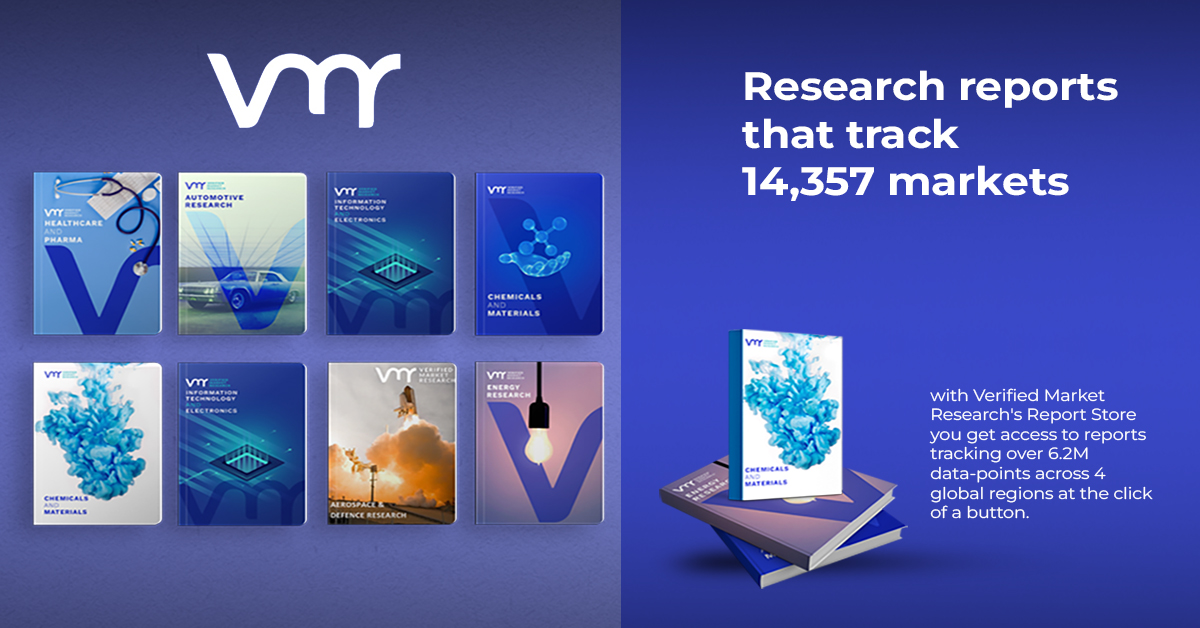The Latest Key Developments in the IoT Data Management Market: Trends, Technologies, and Challenges
The Internet of Things (IoT) data management market is witnessing significant evolution as the proliferation of connected devices and data volumes reshapes industries worldwide. From AI integration to enhanced cybersecurity, here’s a deep dive into the latest developments in this transformative domain.
Key Drivers of IoT Data Management Growth
- Explosion in IoT Devices: The rapid increase in connected devices across industries such as healthcare, manufacturing, transportation, and smart cities has created a data deluge. This demands sophisticated solutions for data storage, analytics, and security to handle high-volume, real-time processing efficiently.
- AI and ML Integration: AI and machine learning are now pivotal in optimizing IoT data management. They enable predictive maintenance, energy efficiency, and more intelligent decision-making by analyzing vast datasets in real time, leading to more proactive systems.
- Edge Computing: Moving data processing closer to the source via edge computing significantly reduces latency, which is crucial for applications like autonomous vehicles and industrial automation. This trend is accelerating due to 5G expansion and growing reliance on real-time data.
- Blockchain for Enhanced Security: Blockchain technology is becoming integral to IoT, ensuring data authenticity and providing tamper-proof records. Its decentralized nature is critical for enhancing trust in IoT ecosystems where security is paramount.
- Sustainability and Resource Efficiency: IoT-driven solutions are increasingly focusing on energy efficiency and reducing environmental impact. Advanced sensors and analytics are enabling more sustainable operations across sectors like agriculture, manufacturing, and logistics.
Notable Market Developments
- IoT Connectivity Platforms: Collaborations like XL Axiata and Cisco’s IoT Connectivity+ are revolutionizing how businesses manage connected devices. These platforms offer enhanced security and streamlined connectivity management, helping enterprises optimize operations and mitigate risks.
- Hybrid Cloud Expansion: Partnerships such as IBM and American Tower’s integration of hybrid cloud computing with IoT at the edge are setting new benchmarks for scalability and adaptability in data management.
- Ultra-Thin Smart Labels: Innovations like eco-friendly, low-power smart shipping labels with eSIMs and multi-network support are enhancing supply chain tracking and sustainability. These advancements offer real-time insights into location, temperature, and integrity of shipped goods.
Challenges in IoT Data Management
Despite the progress, significant hurdles persist:
- Interoperability Issues: The lack of standardization among IoT devices and platforms hinders seamless integration across systems, complicating data management.
- Data Security Concerns: As IoT networks grow, so do the risks of cyberattacks. The need for robust encryption and real-time threat detection powered by AI is greater than ever.
- Scalability: With IoT use cases expanding into new territories, ensuring the scalability of data management solutions to handle diverse geographic and industry needs remains a challenge
Future Trends and Opportunities
- Advanced IoT Analytics: Solutions combining IoT data with AI-driven analytics will see greater adoption, especially for predictive maintenance and operational optimization.
- IoT in Sustainability: Stricter regulations and environmental concerns are pushing industries to adopt IoT for sustainable resource management. Innovations in energy-efficient sensors and waste reduction technologies will drive this trend.
- Enhanced Geolocation Standards: Standards like SGP.32 are revolutionizing high-accuracy geolocation, particularly for precision agriculture and logistics.
- Integration with Emerging Technologies: IoT’s fusion with AR/VR, robotics, and autonomous systems will open new frontiers in real-time decision-making and automation
The IoT data management market is entering a dynamic phase driven by technological innovation and expanding use cases. By addressing challenges like interoperability and security while leveraging trends like AI, blockchain, and edge computing, the industry is poised to redefine how data is managed and utilized globally. Whether it’s enabling smarter cities or more efficient factories, the future of IoT data management is as exciting as it is critical for modern digital ecosystems.
For more detailed insights, refer to reports from IoT Business News and Mordor Intelligence, which provide a comprehensive overview of market trends and emerging opportunities.









